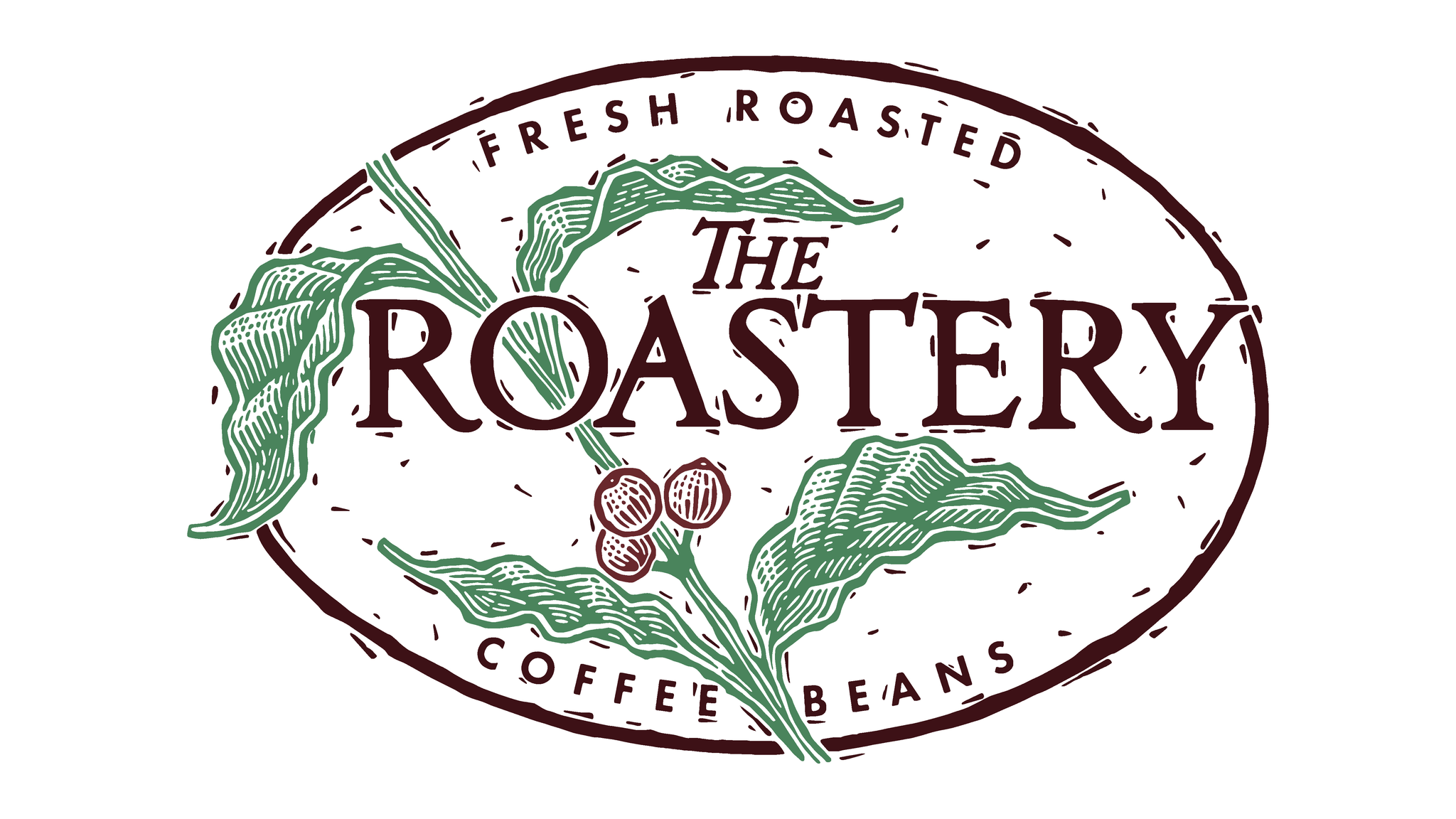Final Trip Report, Malawi
Coffee Quality Institute
Final Report
Coffee Corps Assignment #261
Malawi
Volunteer: Jeremy Raths
Assignment: #261 DAI
Title: Roasting, Blending and Packaging
Location: Blantyre, Malawi
Mzuzu Coffee Planters Cooperative Union
Dates: July 14-24, 2008
Executive Summary
After reviewing the scope of work, I find that we had an amazing successful experience.
Provided through this assignment:
1. Onsite roasting training to both Mzuzu Coffee Planters Cooperative Union and members of the coffee community in the southern regions.
2. Detailed information regarding the Specialty Coffee Market in consuming countries.
3. Detailed information regarding the science of coffee brewing, paying close attention to adaptations for the Malawi market.
4. Marketing suggestions for the internal market, special attention paid to the institutional market.
5. Discussion with coffee producers regarding the enhancement of diversity within the Malawi coffee production.
6. Reaffirmation of the special qualities of Malawi coffee and the even greater success of market penetration with in Malawi and to roasters all over the world.
The overall message imparted is the stewardship each sector has for the previous sector along the coffee chain. Over, over, and over again I stressed the fact that the tremendous effort put forth by all members of the chain is completely wasted if the final link fails to care. The wait staff, the barista, and the counter help provide the final product to the end user. If they are not informed or do not care, it matters not what work has gone before them. It is up to the roasters, CAMAL, and MZCPCU to provide support to the managers, head chefs, and wait persons serving local coffees. To provide education and to impart passion for Malawi coffee becomes the mission of the entire coffee community. The goal to increase internal consumption rests on the conversion of all folks to the idea of Malawi coffee is very special.
Visits to Makandi Tea and Coffee Estates (July 16, 2008) and Satema Tea and Coffee (July 23, 2008) reaffirmed the impression of professional management practices on the estates. Both Lawrence Lawrence and Mark Gomani are bright lights in the Malawi coffee sector. The scientific approach they both share is applied to improving the production and post harvest handling of Malawi coffee.
They both are experimenting on the farms with special plots dedicated to providing a differentiation within their production. Good practices regarding mulching, limited pesticide and insecticide use are maintained on both estates. Separation of the cherry by plot, and varietal provides for an even great differentiation of finished green. Detailed data captured on both farms provides accountability and traceability. To a roaster like me the value of this work is greatly appreciated. To a coffee shop owner or at an institutional setting the ability to provide many different Malawi coffee experiences is of a great advantage. Diversity of coffee character provides a wider possibility of experiences.
Local roaster John Lord, CTL Food and Beverage, also is aware of the great possibilities for distinctive Malawi coffee based not on regions only, but within the estates and the cooperative. His value is to provide further differentiation based on roast development. But having choices of different green styles really gives him an advantage to provide for his customers a wide palate of flavours.
At the Mzuzu cooperative there is even a greater chance to develop and enhance the differences of coffee. To be successful at this venture a commitment to developing coffee roasting controls must be made.
Training Activities, Observations and Recommendations
Mzuzu Training
Three days in Mzuzu provided enough time to introduce the aspects of coffee roasting and brewing. The first two days were with the staff of MZCPCU. Bernard Kaunda was a genial and professional host. McDonald Jobe provided excellent assistance and feedback to help make the experience a success. The marketing and brewing were covered in detail. But the great success was the introduction of tools to provide the necessary control and reports for each and every roast.
The condition of the Probat 12k was noted and immediate solutions provided to restore the roastablity of the machine. A detailed list of priority changes needed was given to both Mr. Jobe and Mr. Kaunda. Until those changes are made the machine should not be used. The 25k Probat is in good shape. The suggested changes to it are under the aspect of a wish list. Not immediate but nice to have in the future. Both Mr. Jobe and Mr. Kaunda have those suggestions.
I introduced a very simple roast log to capture data for each and every round. We all cupped the results of each roast and made adjustments to the roast profile immediately. The third round on the 25k roaster attained the development level necessary for specialty coffee. This profile and report is now the road map for future roasts. Knowing that each and every roast has different variables to contend with, the main roaster person, Winfre Zimba, now has the understanding and ability to affect very minor changes within each roast. The habit of data capture will indicate the changes made and the results in the cup. I stressed the fact that a perfect cup is never attainable. But the constant striving for the perfect cup creates a wonderfully excellent product.
The third day of training involved a more generalized training for the coffee industry. The attendees were from both the producing sector and the hospitality sector. Connecting these two links provided a wonderful experience for folks to meet each other and understand their contributions to the coffee chain. The producers got to see those who are responsible for their hard work. The folks in the hospitality world got to see those who give them such wonderful Malawi coffees. The MZCPU members in attendance saw themselves as the connecting link to the two sectors. It was a very nice mix of attendees.
The focus of the presentation was on the brewing and presentation of coffee to the end user/consumer. A major discussion of brewing took place in the morning session. The SCAE class hand-out was used to present the 6 fundamentals to brewing. The science of brewing was presented. The aspect of measurable results was emphasized continually. Brewed coffee can be measured. Just like roasting, time and temperature are significant elements to be measured and controlled. Beyond those factors, water and grind are equally important. Finally the brewing equipment again creates another area for control. Extraction and strength were discussed.
The most important factor in brewing is the coffee to water ratio – sixty grams to one liter of water. I do not know how many times I pounded that home.
The afternoon was spent roasting coffee. All attendees were involved in the roasting, either recording data, calling out the time, calling out the temperature or calling out the sensual indicators. We then cupped the results. It was very fun and very informative for all involved. We achieved two very nice roasts, consistent with the results from the day before. The powerful presentation allowed three coffee community sectors to enjoy the development of coffee from inert green to flowered roasted excellence. Attendees from the producing sector and hospitality sector experienced a coffee roasting session for the first time. Very valuable for the understanding of what happens along the coffee chain. Very valuable – but the greater success was yet to come.
CAMAL Event
A one-day presentation to 19 members of the coffee community hosted by CAMAL brought on even a greater success. In addition to the coffee producers, coffee roasters, and institutional trade, we now included representatives from independent coffee shops. The growth of this sector will provide for a greater gain in jobs and value to the coffee community. Small shops owned by entrepreneurs will create great value to finished coffee products. Greater margins, greater expectations will raise up the entire coffee chain. Besides the wonderful presentation of coffee brewing detailed above, the presentation of marketing ideas was well received by the attendees. I shared a group of photos demonstrating the diversity of coffee shops in my home town which allowed for a genesis of ideas within the Malawi coffee shop sector. The demonstration of the diversity of coffee tastes and desires reaffirmed for the attendees the benefits of creating differences and enhancing those differences. The discussion of the prices that Cup of Excellence coffees are commanding excited all three sectors. Growers were affirmed regarding their experimentations. Roasters were affirmed regarding the margins available in the Specialty market. Hospitality and coffee shop folks were affirmed regarding the marketing value of Specialty Malawi coffees. It was a great morning with an even better afternoon to follow.
After a lunch we went to John Lord’s coffee roasting place. Carol and John were incredibly generous for sharing their space, equipment, expertise and time. We managed to produce two distinctive coffee tastes by adjusting the time by 40 seconds and affecting the temperature growth by a mere 1 degree. We demonstrated the amazing differences by filter brewing and serving to all attendees a bit of the coffee. All folks were amazed. The attendees once again were involved in data capture and observations. We had a lively group that discussed the necessity for roasters to maintain the data for reference as well as control.
All sectors agreed that the quality of coffee within the chain must be maintained by the diligence of the coffee roaster. Very few attendees had ever seen coffee roasted. The presentation, roasting exercise and the entire day opened up a lot of eyes within the Malawi coffee community.
A great product must be forever improved and forever protected. The brand must be defended in all sectors. The story of the “Mzuzu” instant at the Blantyre Airport speaks to the need for this vigorous defense. The constant affirmation that all sectors of the coffee community must support each other is needed.
Other Activities
Meetings in Lilongwe with USAID and the Deputy Ambassador gave us an opportunity to discuss the program and ongoing efforts within the Malawi coffee sector. Both men are coffee aficionados and see that a direct result of the program will be great coffee for their own enjoyment.
I had numerous handouts for all presentations. I also shared my email for folks who wanted further information. Shelix Munthas at Compass II has copies of all the documents.
I had a tremendous experience and I thank you, Shelix Munthash, for your very generous and kind support. Your enthusiasm for Malawi coffee is heightened. Now quit drinking that tea stuff. I enjoyed getting to know you and Lloyd. You two are quite the characters.
Thanks go to DAI, USAID, CAMAL, MZCPU, Compass II, Coffee Quality Institute and Coffee Corps for this wonderful opportunity. Great thanks to Bagie Sherchand for her inspiration and desire to enhance great coffee in Malawi.
Also, special thanks to fellow Coffee Corps volunteer Julio Martinez for his support and wonderful insights.
Jeremy Raths
31, July, 2008




